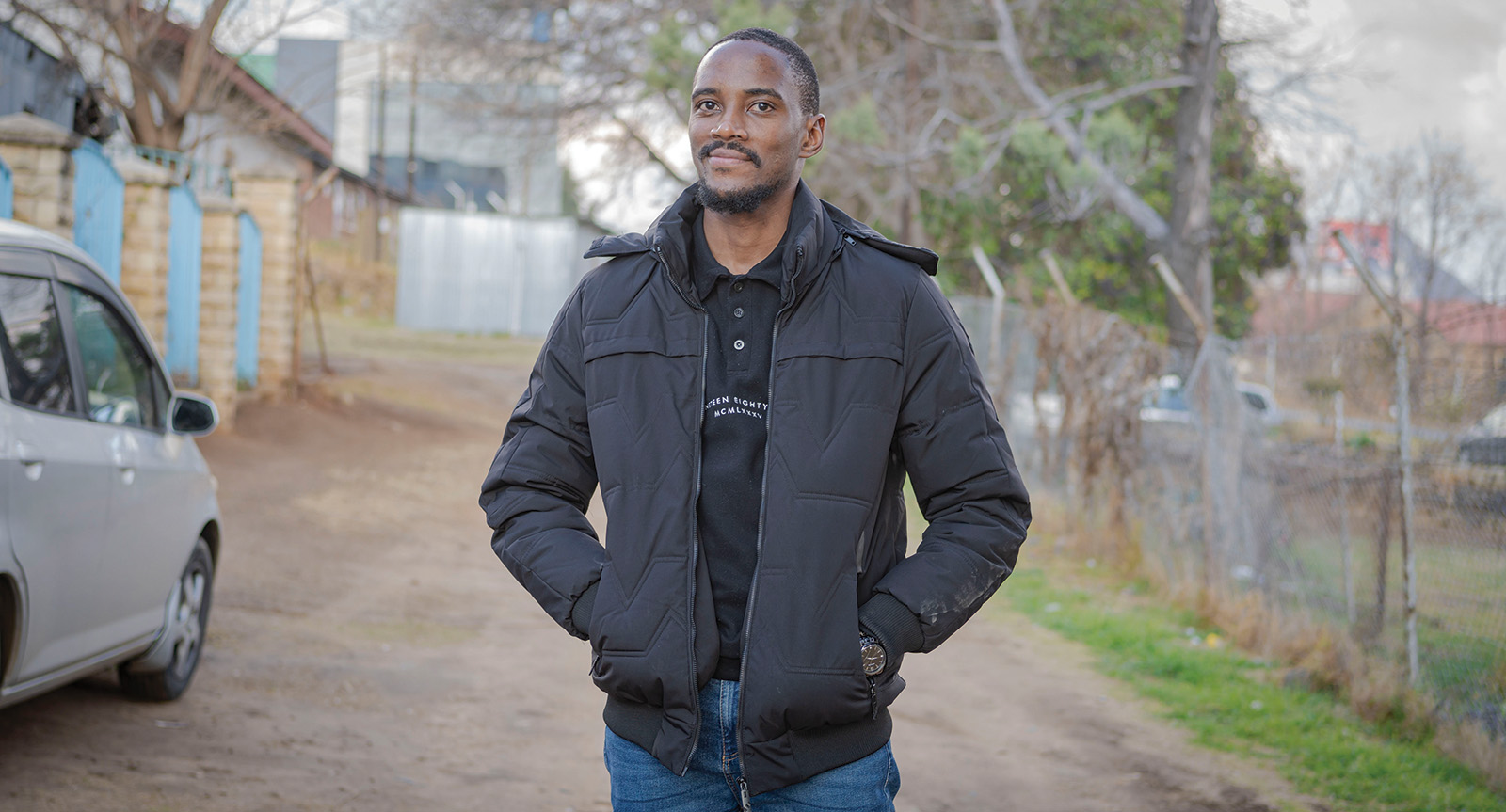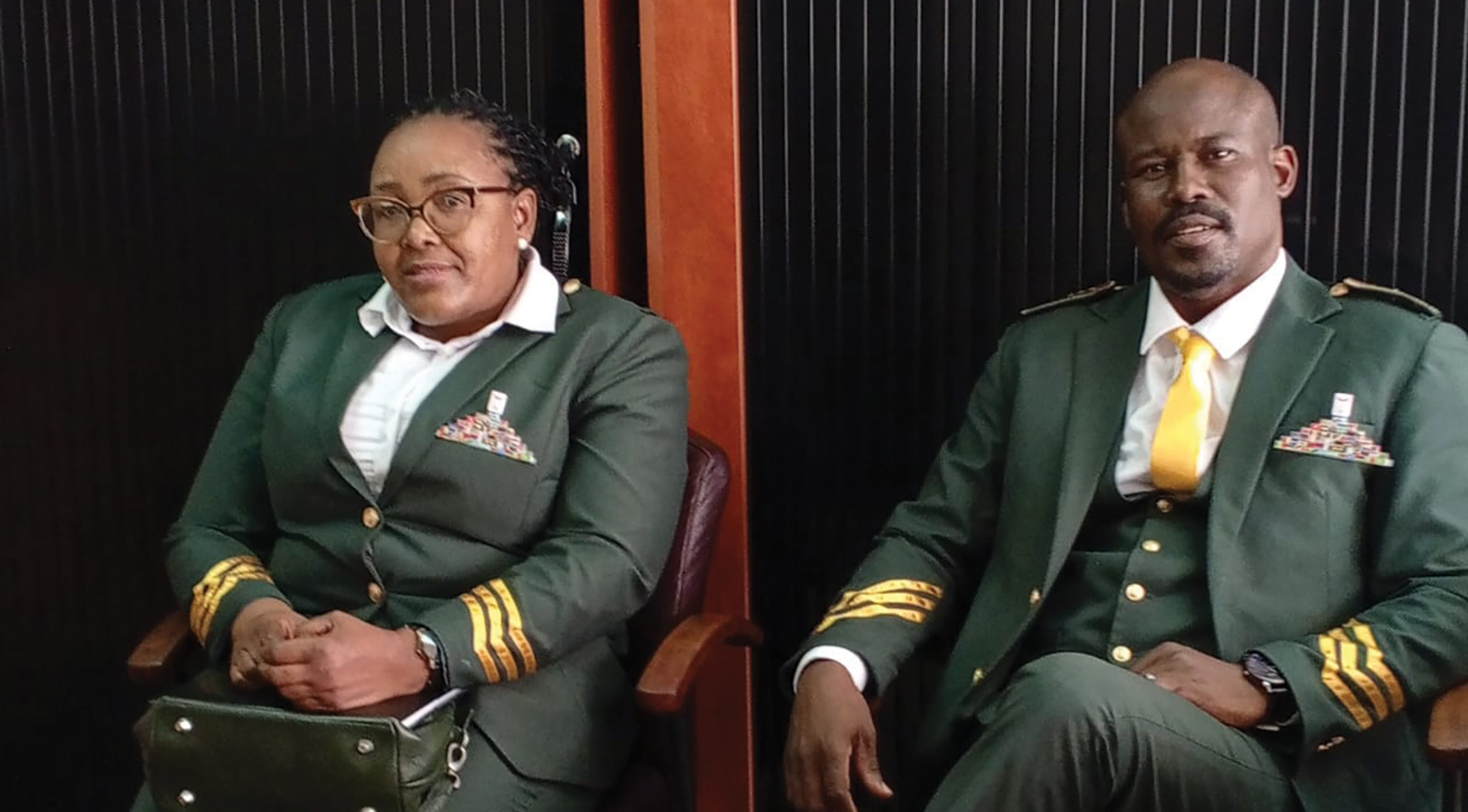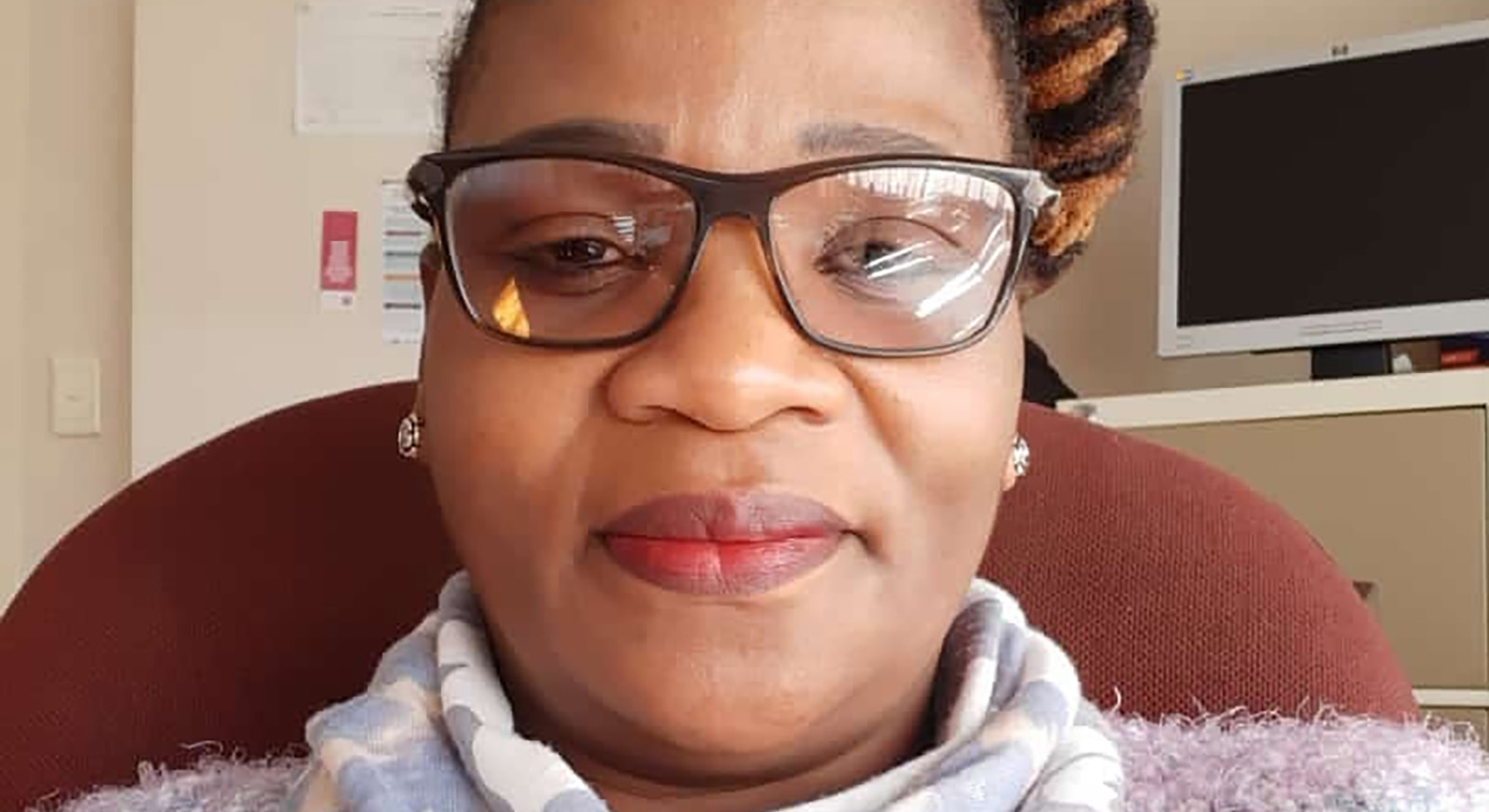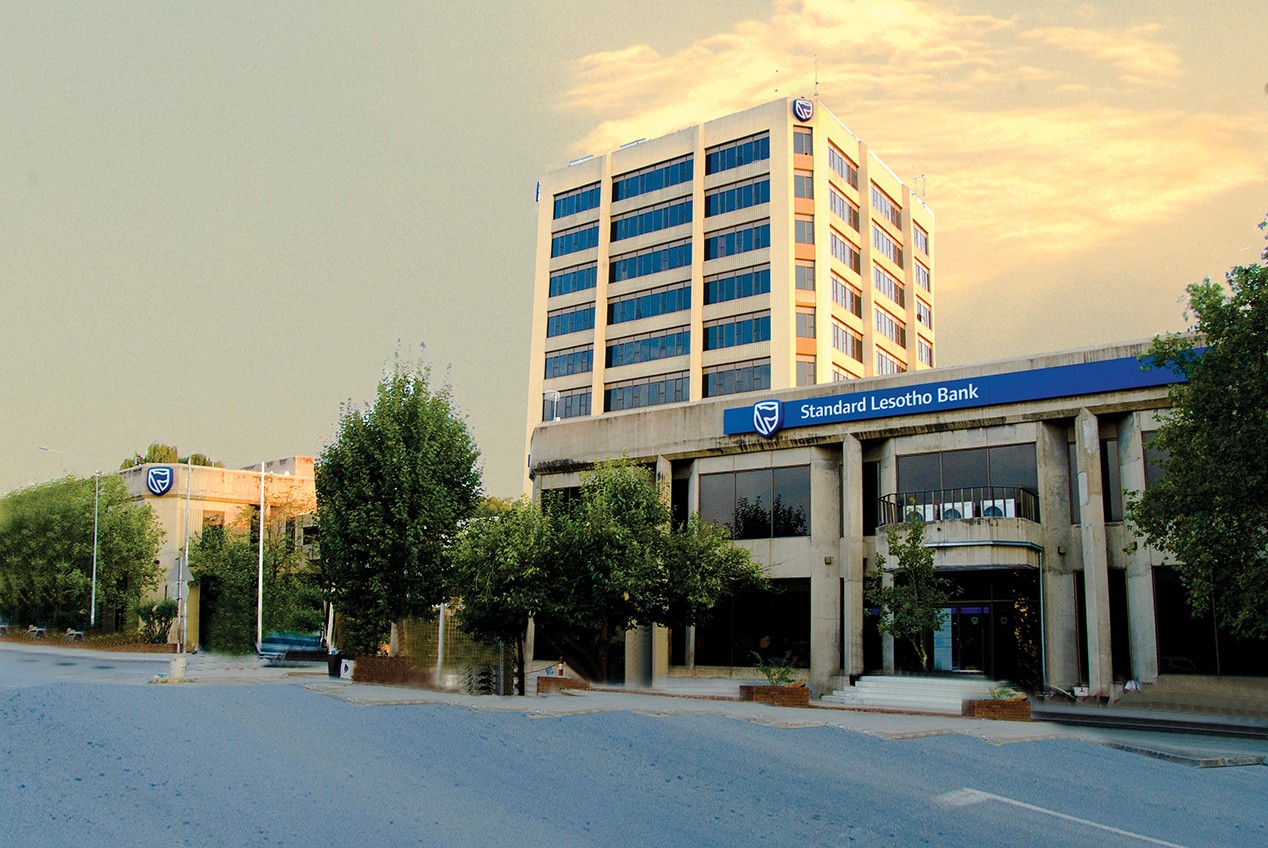Assaults and Reckless Driving Fuel Blood Shortage

SHARE THIS PAGE!
A surge in assault cases and reckless driving incidents is contributing to a critical shortage of blood in Lesotho’s hospitals and blood banks, police have warned.
Inspector ‘Mabatlokoa Mahlelebe raised these concerns during the World Blood Donor Day commemoration and the launch of the Blood Donation Unit in Botha-Bothe on Friday. She said the increasing number of violent crimes and road accidents is putting immense pressure on the country’s blood supply, particularly in hospitals where victims urgently require transfusions.
“The rise in assaults over recent months and ongoing reckless driving pose a serious threat to public safety. As a result, hospitals are struggling to meet the growing demand for blood, putting more lives at risk,” Mahlelebe stated.
She emphasised the urgent need for more blood donors in the face of escalating crime rates and linked the rise in violent behaviour to substance abuse, particularly alcohol and drugs.
“Alcohol and drug abuse often fuel aggression, leading to more assaults. These cases frequently require immediate blood transfusions,” Mahlelebe explained.
Recognising the crisis, the Lesotho Mounted Police Service (LMPS), in partnership with the Lesotho Blood Transfusion Services (LBTS), has ramped up its campaign to promote blood donation while also raising awareness about crime prevention and road safety.
“As protectors of the nation, we cannot sit by while lives are lost due to a lack of blood. We are committed to leading by example and encouraging people to donate,” said Mahlelebe.
She highlighted that the LMPS has been actively involved in blood collection efforts since 2020, mobilising both officers and members of the public to donate regularly.
Speaking at the same event, Botha Bothe District Medical Officer Dr Lebohang Shao stressed the vital role blood plays in patient care.
“Access to safe and sufficient blood is essential. It can mean the difference between life and death, especially in emergencies such as childbirth complications, accidents, and other medical crises,” Dr Shao said.
She urged community members to become regular donors, not just on special occasions. “Every day you delay could cost a life. Visit your local donation centre and make a commitment to saving lives,” she pleaded.
Dr Shao expressed her excitement at the launch of the new Blood Donation Unit, calling it a game-changer for the district.
“Previously, we relied on donations from Hlotse, Leribe, which sometimes arrived too late. This new unit will allow for faster response times and more lives saved,” she said.
Among the attendees was 59-year old ‘Mamahlako Lekhatla, a cancer survivor who shared how a blood transfusion saved her life in 2015.
“I was supposed to start treatment in Bloemfontein, but due to a lack of blood, my procedure was delayed. Thankfully, a donor came forward. Without that transfusion, I wouldn’t be here today,” Lekhatla said.
She urged the public to take blood donation seriously. “You never know when you or a loved one will need it. Donating blood is simple, yet it has the power to save lives. Let’s all do our part.”
Also present was World Health Organization (WHO) Representative in Lesotho, Dr Innocent Nuwagira, who echoed the call for increased voluntary blood donation.
“Donating blood is not just an act of kindness, it’s a lifesaving gesture that benefits many. If you are aged between 16 and 65, healthy, and eligible, please donate,” he said.
Dr Nuwagira noted that the United Nations staff in Lesotho donated 24 pints of blood this year but stressed that more volunteers are urgently needed. “Lesotho still struggles with a lack of altruistic donors. We must foster a culture of regular, voluntary donation.”
Health Minister Selibe Mochoboroane provided background on World Blood Donor Day, first commemorated in 2004, and emphasised this year’s theme: “Give blood, give hope — together we save lives.”
Mochoboroane revealed that the Ministry of Health aims to collect 7,000 litres of blood annually – about 17,000 pints – but consistently falls short. As a result, hospitals often ask patients to find their own donors, a practice he described as unacceptable.
“This not only adds to patients’ stress but also highlights our failure to ensure a reliable national blood supply,” Mochoboroane said. He called on community leaders to lead by example and donate blood publicly to inspire others.
He also instructed healthcare professionals to proactively take blood donation services into communities, including villages and schools, rather than waiting for donors to visit hospitals or blood banks.
“We must meet donors where they are. Our survival depends on it,” he said.




Union fumes over Letšeng layoffs
9 days ago
Row over M1bn solar deal
9 days ago
Fraud-accused RFP MP out on bail
11 days ago
Shelter services expand across Lesotho
11 days ago

